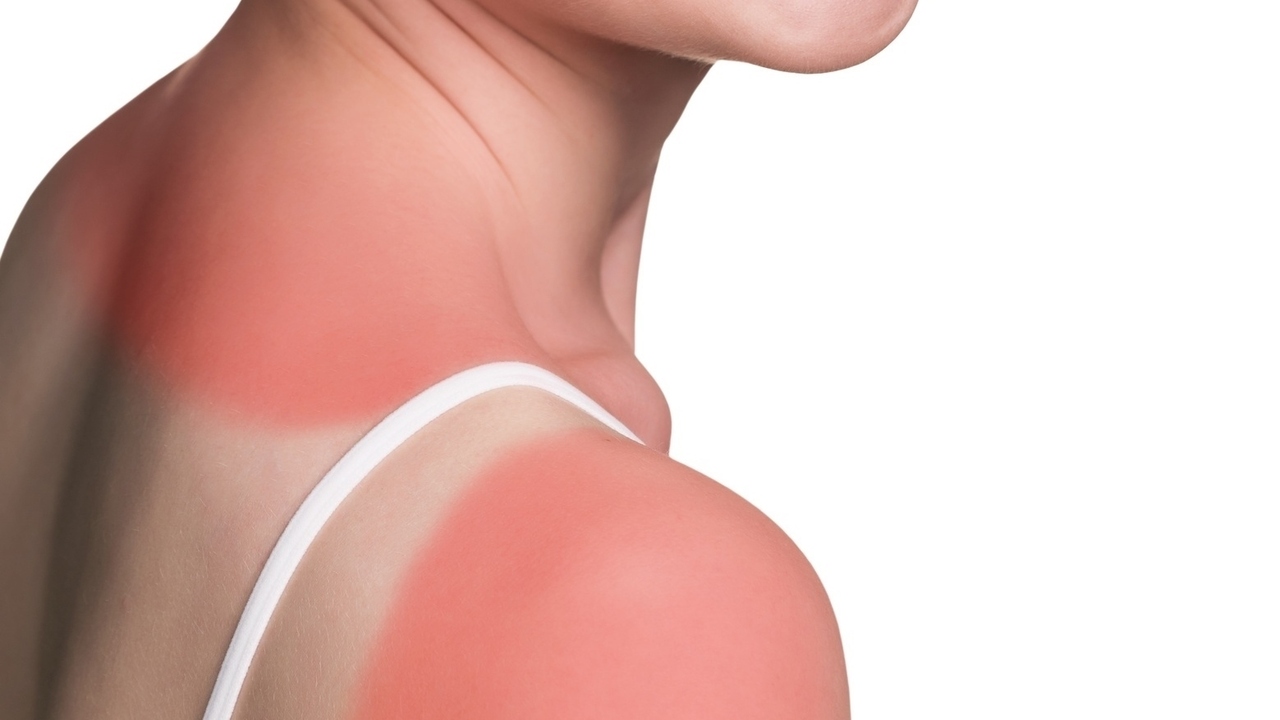 ZoomTeam/Fotolia
ZoomTeam/Fotolia
More than two million Americans are diagnosed with some form of skin cancer every year, according to LiveScience.com. With that in mind, you may want to wear sun-protective clothing to protect your skin when you’re outside for extended periods.
Just about any item of clothing can be found in a sun-protective form. The biggest selling point: they have a UPF (ultraviolet protection factor) rating. A UPF rating measures the protection from the sun’s ultraviolet (UVA and UVB) rays.
Clothes with a UPF rating are designed to give more protection from sun damage. The rating numbers range from 15 to 50-plus, with the higher numbers indicating that they offer more UV protection. Theses numbers are similar to the SPF found in sunscreens.
According to the Skin Cancer Foundation, a UPF label tells you that the fabric has been laboratory-tested, and that you can be confident about the listed level of protection. The UPF rating is based on the fabric’s color, construction, content and weight which designates how much in the way of UV rays can penetrate the fabric.
When it comes to fabric construction, some UPF clothing is rated by its fiber density and structure. Think of it like sheets — the thread count per inch is important. With color, darker can be better.
The Wall Street Journal said that some UPF clothing is made with titanium dioxide fibers. This is a chemical that is also found in some sunscreens.
So does UPF clothing work? Will you be protected from the sun?
Mother Nature Network wrote that these tight weaves with built-in sunscreen makes UFP clothing the next best thing to being in the shade.
Say a piece of sun-protective clothing has a UPF rating of 50. That only lets 2 percent of the UV rays penetrate the skin. The Skin Cancer Foundation advises consumers to pick items with a UFP of at least 30. Thirty or higher makes for effective sun protection.
One thing to note: at this point, sun-protective clothes are not regulated by the Food and Drug Administration.
There are other alternatives available besides just buying sun-protective clothing. Rit SunGuard fabric dye is one such option. Wash it in with your regular laundry load, and by the end of the cycle, all items of clothing will be sun-protective. MNN stated that the sunscreen chemical in the dye is called Tinosorb FD.
After washing in SunGuard, you end up with clothing that has an UPF rating of around 30. And it doesn’t just last for a short time. It can go through 20 washes. WSJ reported that this laundry additive has been tested and approved by the Skin Cancer Foundation.
If you decide sun-protective clothing is for you, remember it doesn’t cover your entire body, so it’s still critical to use sunscreen on exposed areas. Be sure to continually apply it, the longer you stay in the sun.
Reviewed July 21, 2016
by Michele Blacksberg RN
Edited by Jody Smith
Kirschner, Chanie. "Does Sun-protective Clothing Really Work?" MNN. N.p., n.d. Web. 16 July 2016.
http://www.mnn.com/lifestyle/natural-beauty-fashion/questions/does-sun-protective-clothing-really-work
Parker-Pope, Tara. "Just How Much Protection Do Sun-Blocking Clothes Provide?" WSJ. N.p., n.d. Web. 16 July 2016.
http://www.wsj.com/articles/SB118099682761924280
Salamon, Maureen. "Sun Protection Clothing: As Good as Sunscreen, or Better?" LiveScience. TechMedia Network, n.d. Web. 16 July 2016.
http://www.livescience.com/35811-sun-protection-clothing-protects-against-uv-rays.html
"Skin Cancer Foundation." What Is Sun-Safe Clothing? N.p., n.d. Web. 16 July 2016.
http://www.skincancer.org/prevention/sun-protection/clothing/protection





Add a CommentComments
There are no comments yet. Be the first one and get the conversation started!